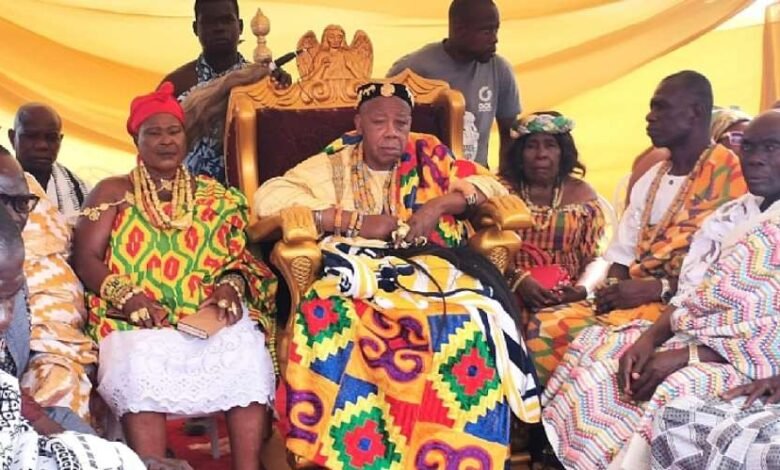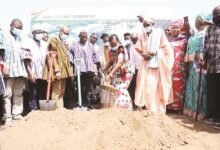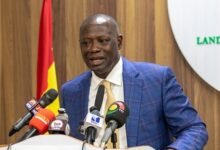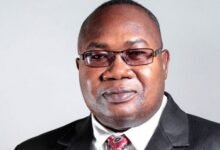Address development issues at campaigns, rallies – Council of Ewe Chiefs

The Council of Ewe Chiefs in the Ashanti, Ahafo and Bono regions has appealed to political parties and their followers to avoid pronouncements and actions that have the tendency to stoke tension and confusion ahead of the December 7 elections.
“Let us strive to keep Ghana intact,” the Council advised, noting that the ideological differences should not create animosity among the parties.
Torgbiga Mawufeame Fugah, President of the Council, in an address at a durbar to climax the “Eweza 2024” in Kumasi, asked politicians to address development issues in their campaigns and rallies.
The “Eweza” is a gathering of people of Ewe descent in the three regions aimed at promoting unity of purpose and the cultural heritage of the people.
The programme was organised under the auspices of the Council of Ewe Chiefs in collaboration with the Manhyia Palace.
It was on the theme: “Unite, progress and keep the peace”, and characterised by some cultural activities, including a candle light procession, reconciliation rite (Nugbuidodo), remembrance of the departed souls and traditional dancing and drumming.
Torgbiga Fugah reminded the citizenry that Ghana was the beacon of democratic governance and peace in sub-Saharan Africa hence expected to maintain peace before and after the polls.
He, therefore, charged the populace to work assiduously to protect that enviable record since there could not be any meaningful development in a society characterised by violence and rancour.
“We have only one Ghana, one nation, and one common destiny,” the Council President noted, and also stressed the need for the Electoral Commission and security agencies to play their respective roles effectively to ensure an incident-free election.
Torgbui Sri III, the Awomefia of Anlo, in a message delivered on his behalf, lauded the Ewe community in the three regions for promoting the cultural heritage of the people.
He also echoed the need for Ghanaians to cherish peaceful co-existence and unity of purpose, noting that multi-party democracy was about the sharing of ideas and addressing the needs of the people. —GNA







